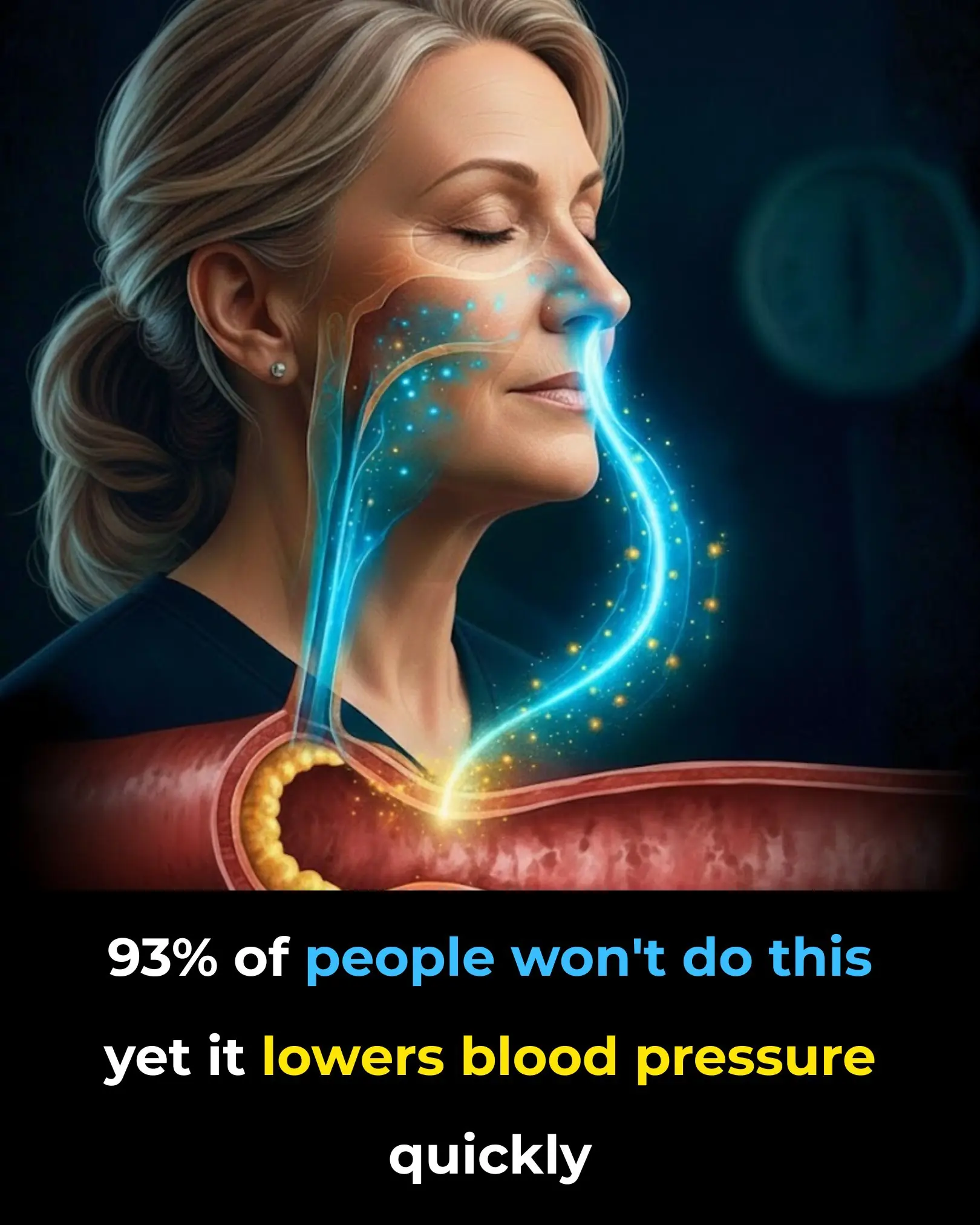
Doctors Warn: 5 Everyday Habits Slowly Damaging Your Kidneys
Your kidneys are small organs—each about the size of your fist—but they perform one of the body’s most critical functions. They filter over 50 gallons of blood daily, remove toxins, balance electrolytes, regulate blood pressure, and activate vitamin D for strong bones. Think of them as delicate coffee filters: if you constantly pour sludge through them, they eventually get clogged and stop functioning properly.
The frightening truth? Most people are unaware of kidney damage until it’s advanced. Swelling, fatigue, foamy urine, or frequent nighttime urination are late-stage warning signs. By that time, up to 80% of kidney function may already be lost. Kidney problems are silent but serious, which makes prevention crucial.
The Hidden Enemies of Your Kidneys
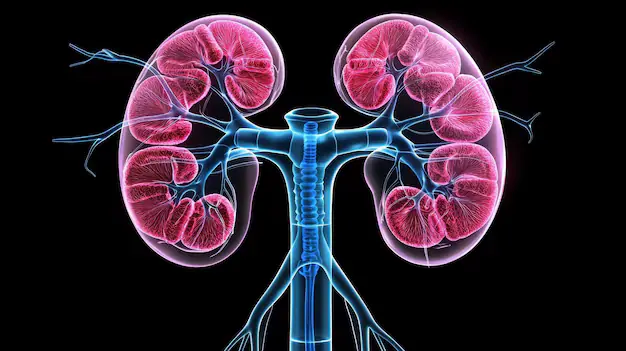
1. Refined Sugars & Processed Foods
Excess sugar causes insulin resistance, stiffening blood vessels and reducing nitric oxide, essential for proper blood flow. This damages the tiny kidney filters called nephrons, which gradually wear down over time. Think of sugar like turning liquid into hard candy—delicate structures get damaged.
2. Chronic Dehydration
Not drinking enough water is like running an engine without oil. Blood thickens, filtration slows, and toxins accumulate, increasing long-term kidney stress. Staying hydrated is one of the simplest ways to reduce kidney strain.
3. Overuse of NSAIDs (Painkillers)
Frequent use of common painkillers like ibuprofen and naproxen reduces blood flow to the kidneys. Long-term overuse can accelerate kidney damage, especially in individuals with underlying health issues.
4. Processed Meats & High-Phosphate Foods
Processed meats often contain nitrates, and foods high in phosphates force kidneys to work harder to maintain chemical balance. This can gradually wear down kidney function.
5. Excessive Protein Intake
Protein is necessary for your body, but consuming too much—particularly animal protein—can strain your kidneys, especially if you have high blood pressure, diabetes, or existing kidney issues.
6. Sedentary Lifestyle & Poor Sleep
Lack of physical activity and irregular sleep patterns reduce blood circulation and disrupt hormone balance, indirectly impairing kidney function over time. Regular movement and 7–8 hours of quality sleep help maintain kidney health.
7. Alcohol & Smoking
Excessive alcohol introduces toxins that overwork your kidneys, while smoking reduces circulation and increases oxidative stress. Limiting or eliminating these habits can protect kidney function.
Key Takeaways
-
Refined sugars and processed foods damage kidney filters.
-
Chronic dehydration intensifies kidney stress.
-
Frequent NSAID use can harm kidney function.
-
Processed meats and high-phosphate foods add extra workload.
-
Overeating protein strains kidney function.
-
Sedentary habits and poor sleep indirectly stress kidneys.
-
Alcohol and smoking further compromise kidney health.
Simple Steps to Protect Your Kidneys
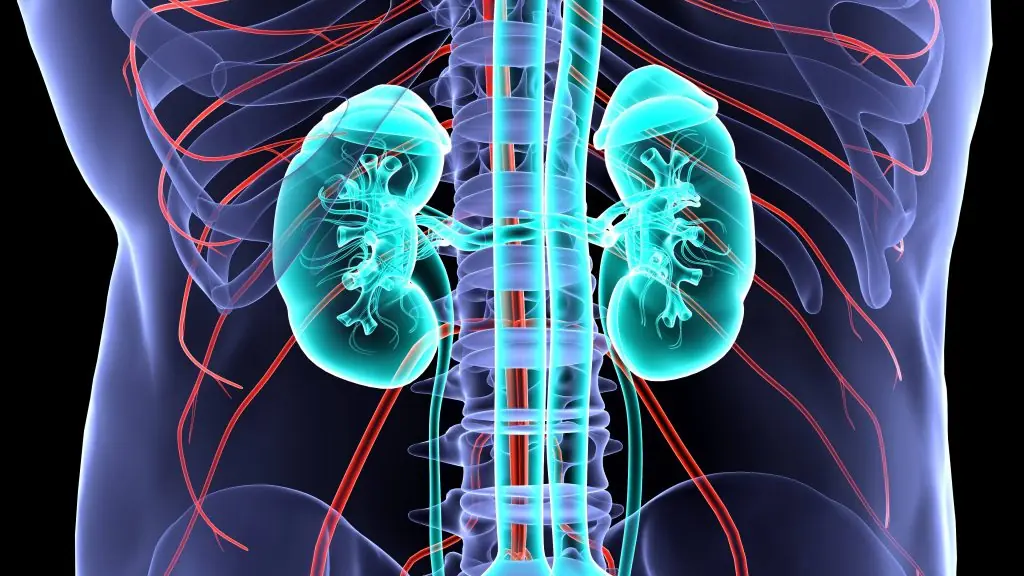
1. Hydrate First Thing
Start your day with a glass of water. Avoid sugary drinks and soda. Proper hydration helps kidney filters flush efficiently.
2. Eat Kidney-Friendly Foods
Prioritize nutrient-dense, antioxidant-rich foods:
-
Leafy greens: Spinach, kale, collard greens
-
Cruciferous vegetables: Broccoli, cauliflower, Brussels sprouts
-
Berries: Blueberries, raspberries, strawberries (antioxidant-rich)
-
Garlic & Turmeric: Reduce inflammation and oxidative stress
-
Citrus fruits: Lemons, limes for gentle alkalinity and detox support
3. Avoid Hidden Killers
Minimize processed meats, fast foods, energy drinks, and snacks high in sodium, sugar, and chemical additives.
4. Monitor Your Urine
Pale yellow urine usually indicates healthy kidney filtration. Dark amber may signal dehydration or kidney stress.
5. Move Your Body
Daily movement improves blood flow to the kidneys, reducing risk of tiny clots and maintaining organ efficiency. Aim for at least 20–30 minutes of walking, swimming, or light resistance training each day.
6. Moderate Protein Intake
Consume protein wisely—lean meats, fish, legumes, and plant-based proteins are best. Avoid overloading your kidneys, especially if you have pre-existing conditions.
7. Prioritize Sleep & Stress Management
Quality sleep and stress reduction through meditation, yoga, or deep breathing support hormonal balance and kidney function.
8. Limit Alcohol & Smoking
Moderate or eliminate alcohol and avoid smoking to reduce toxin burden and oxidative stress on your kidneys.
Bottom Line
Your kidneys are working 24/7 to filter your blood, balance electrolytes, and maintain overall health. They rarely signal distress until significant damage occurs. Every healthy choice—hydration over soda, whole foods over processed snacks, regular movement, moderate protein, and quality sleep—is an investment in kidney longevity.
Start taking care of these vital organs today. Protecting your kidneys isn’t just about preventing disease—it’s about preserving energy, wellness, and quality of life for years to come.
News in the same category

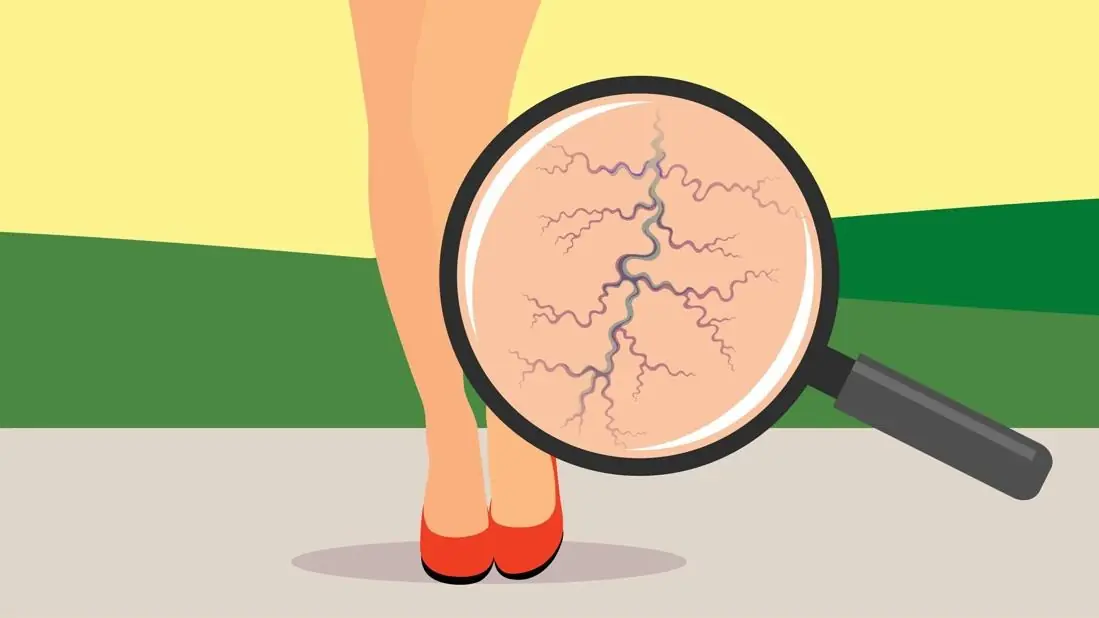
The Best Natural Remedies to Treat and Prevent Varicose Veins Effectively
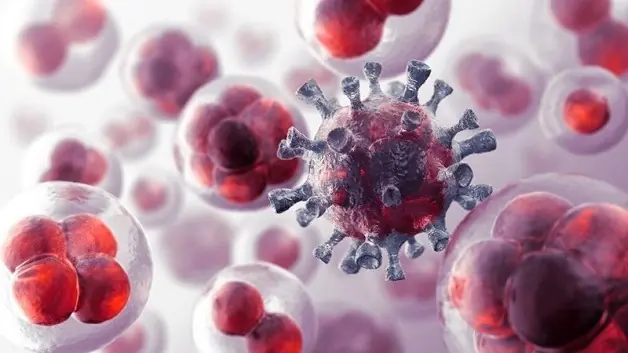
People Who Do This Every Morning Have Better Circulation and More Energy
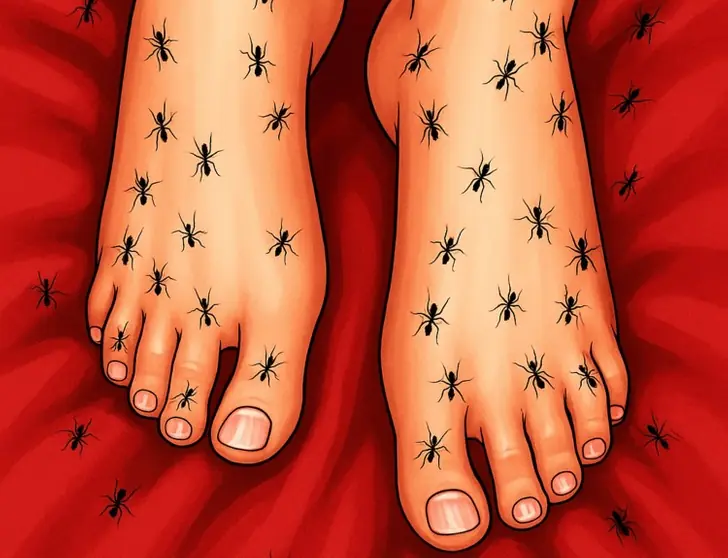
The hidden signs your body sends before diabetes strikes
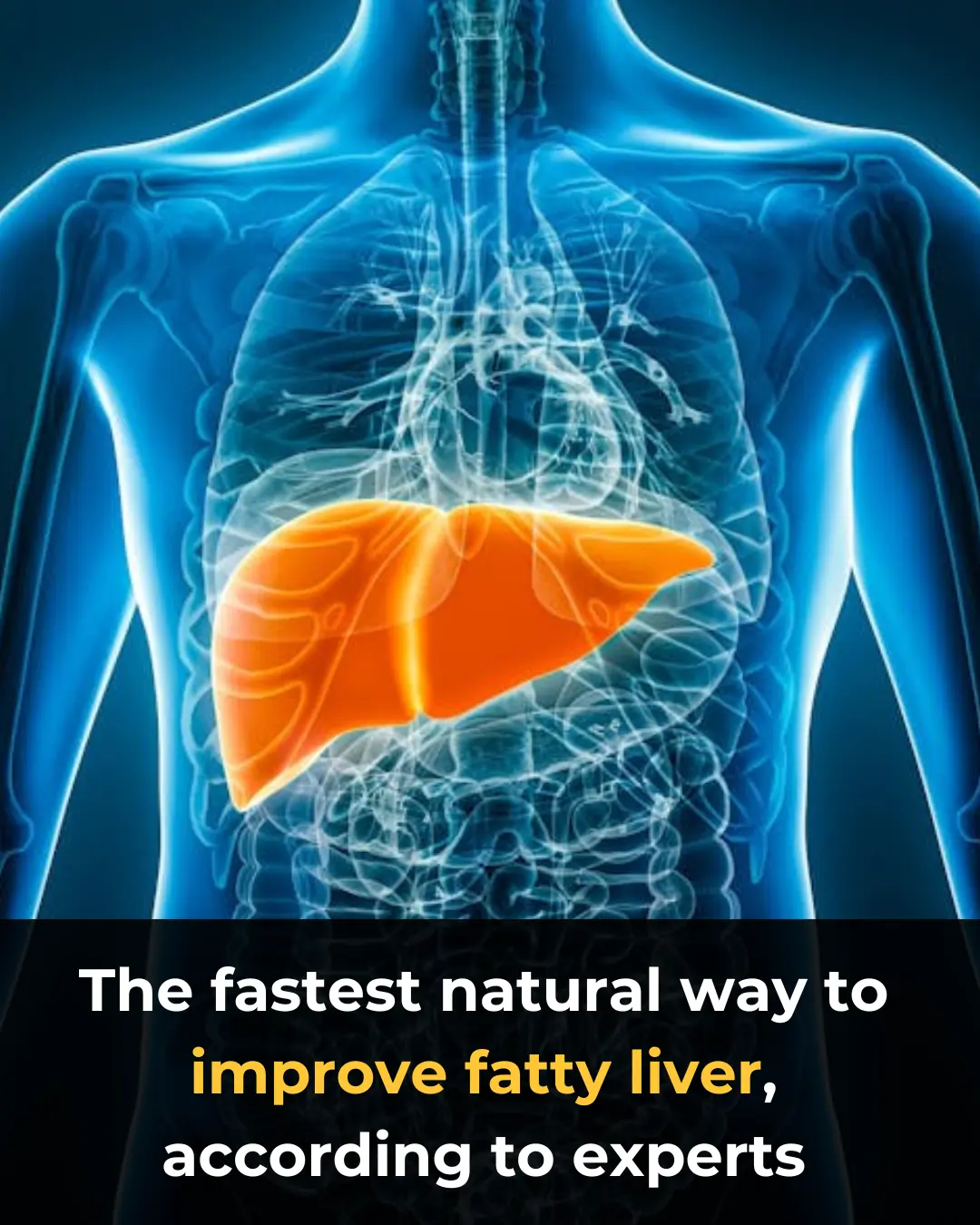
The #1 FASTEST way to reverse fatty liver naturally

Could the bacteria in your nose be causing Alzheimer’s?

How to treat nerve pain in the foot, toes & legs

Bee venom wiped out 100% of aggressive breast cancer cells in just 6 hours
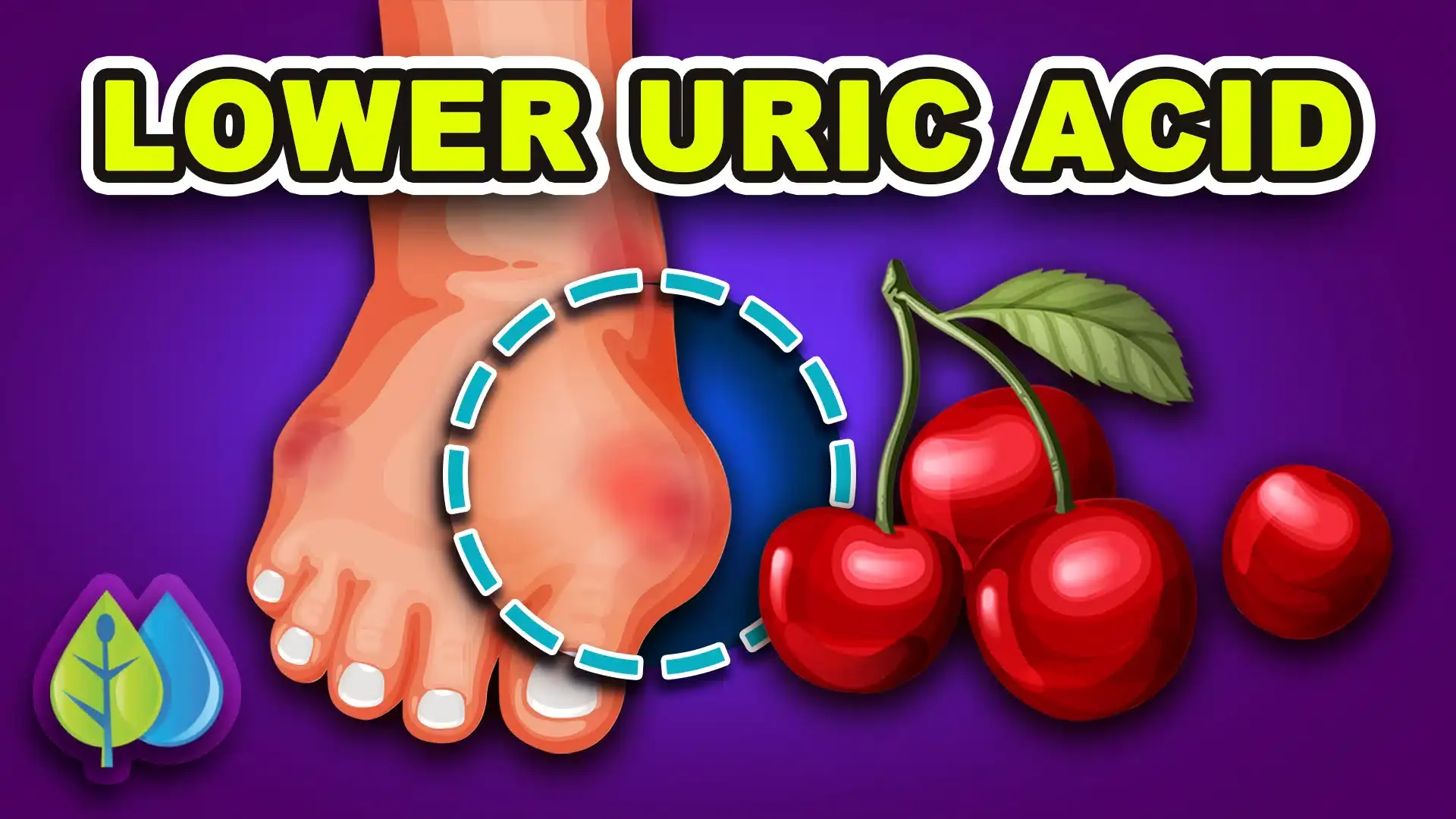
10 Ways to Lower Uric Acid Naturally

6 Foods That Can Drain Your Calcium and Weaken Bones

How to treat nerve pain in the foot, toes & legs …

Scientists identify the only two foods consistently linked to higher cancer risk

COULD THE BACTERIA IN YOUR NOSE BE CAUSING ALZHEIMER’S?

The Shocking Impact of Honey with Cloves on Your Health

Clear Your Lungs and Soothe Your Cough Naturally with Onion Remedy

Guava Leaf Tea: A Simple Habit With Powerful Health Benefits

The single move that instantly clears congestion and drains your sinuses

This common diabetes medication may undo the benefits of your workouts

Your legs have a “second heart” — and one simple move can reactivate it fast
News Post

How Artists and Engineers Are Confusing Facial Recognition AI

Tesla Faces Slump: Over 10,000 Cybertrucks Remain Unsold Amid Weak Demand

Over a Million ‘Giant Eggs’ Discovered Near Deep-Sea Hydrothermal Vents

World’s First Full Human Eye Transplant Shows Promising Survival

How Childhood Trauma Shapes the Brain: Insights from Neuroscience

NASA Spots Giant Butterfly-Shaped Coronal Hole Sending Solar Wind Toward Earth

93% of people won’t do this yet it lowers blood pressure quickly
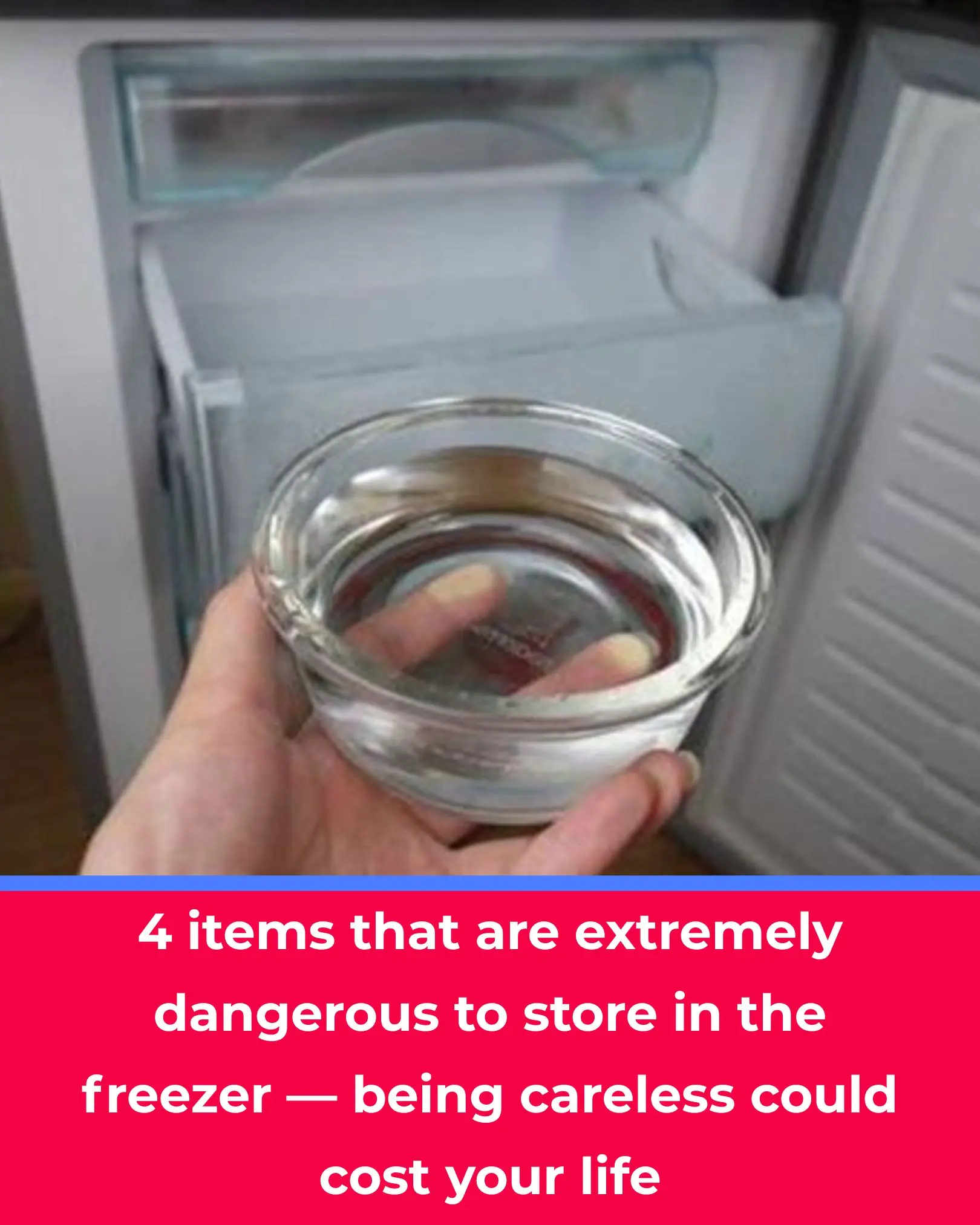
4 Items You Should Never Store in the Freezer — Ignoring Them Could Be Life-Threatening
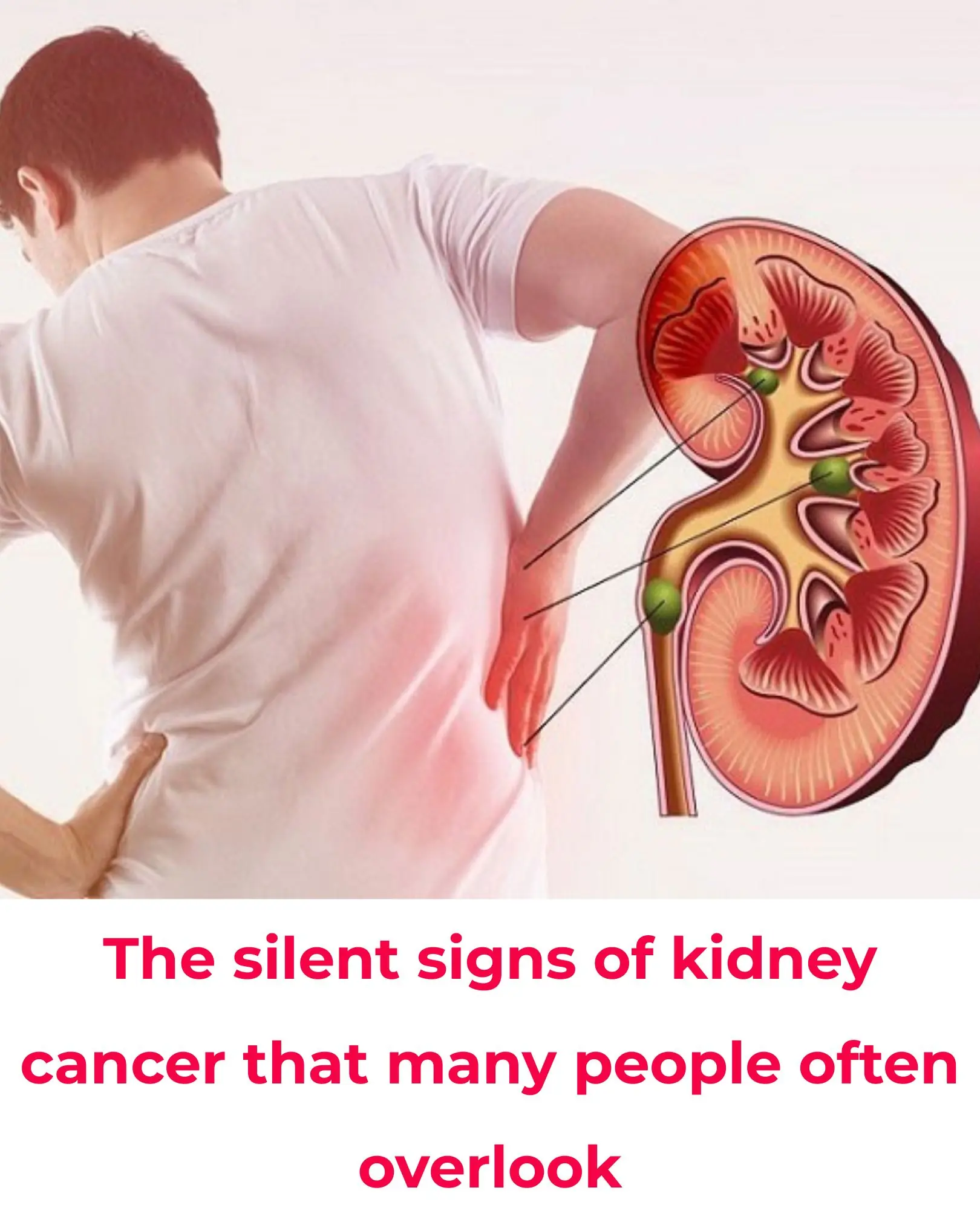
Subtle Signs of Kidney Cancer That Are Easily Overlooked

It’s Time to SAVE YOUR KIDNEYS by Eating These 3 Foods: Familiar but Not Everyone Knows How to Use Them

U.S. doctor reveals how to remove pesticides and dirt from fruits — just a few simple steps to protect your family
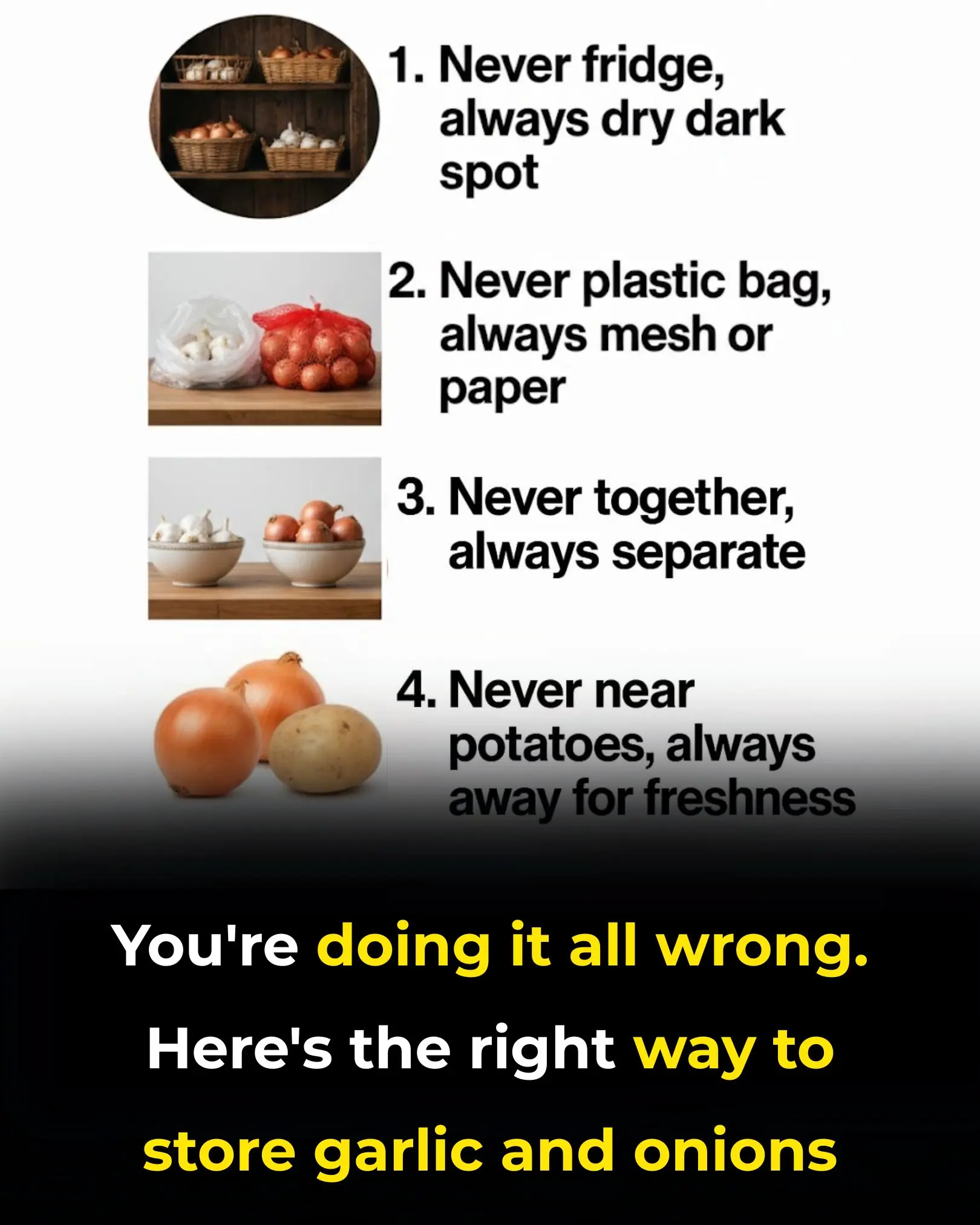
You’re storing garlic and onions wrong — here’s the right way

The Day a Judge Broke Protocol to Protect a Child.

The Giant Who Rushed Home for a Bedtime Story.

The Day a Burned Little Boy Met His Hero in Blue.

The Princess Who Saved Her Father.

The Mailman Who Became Her Shelter.

Forty-Eight Hours of a Mother’s Love.
